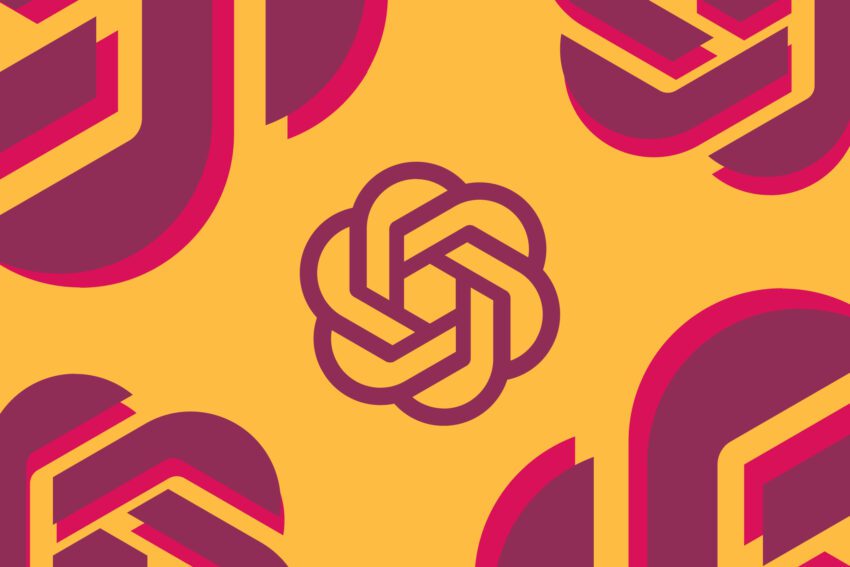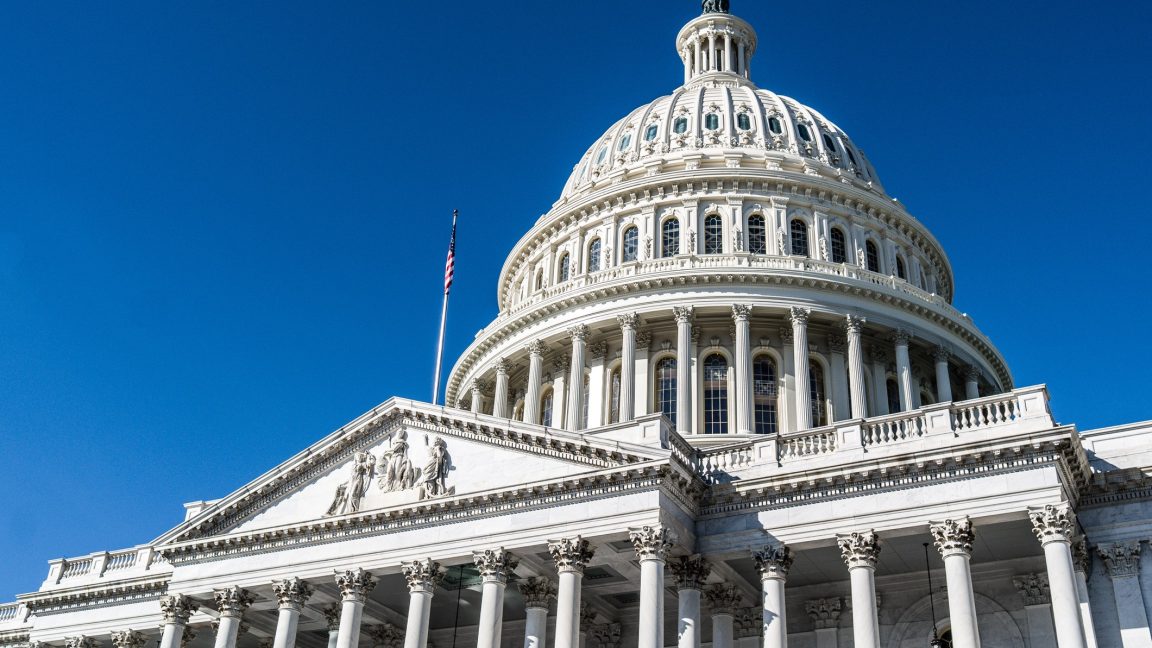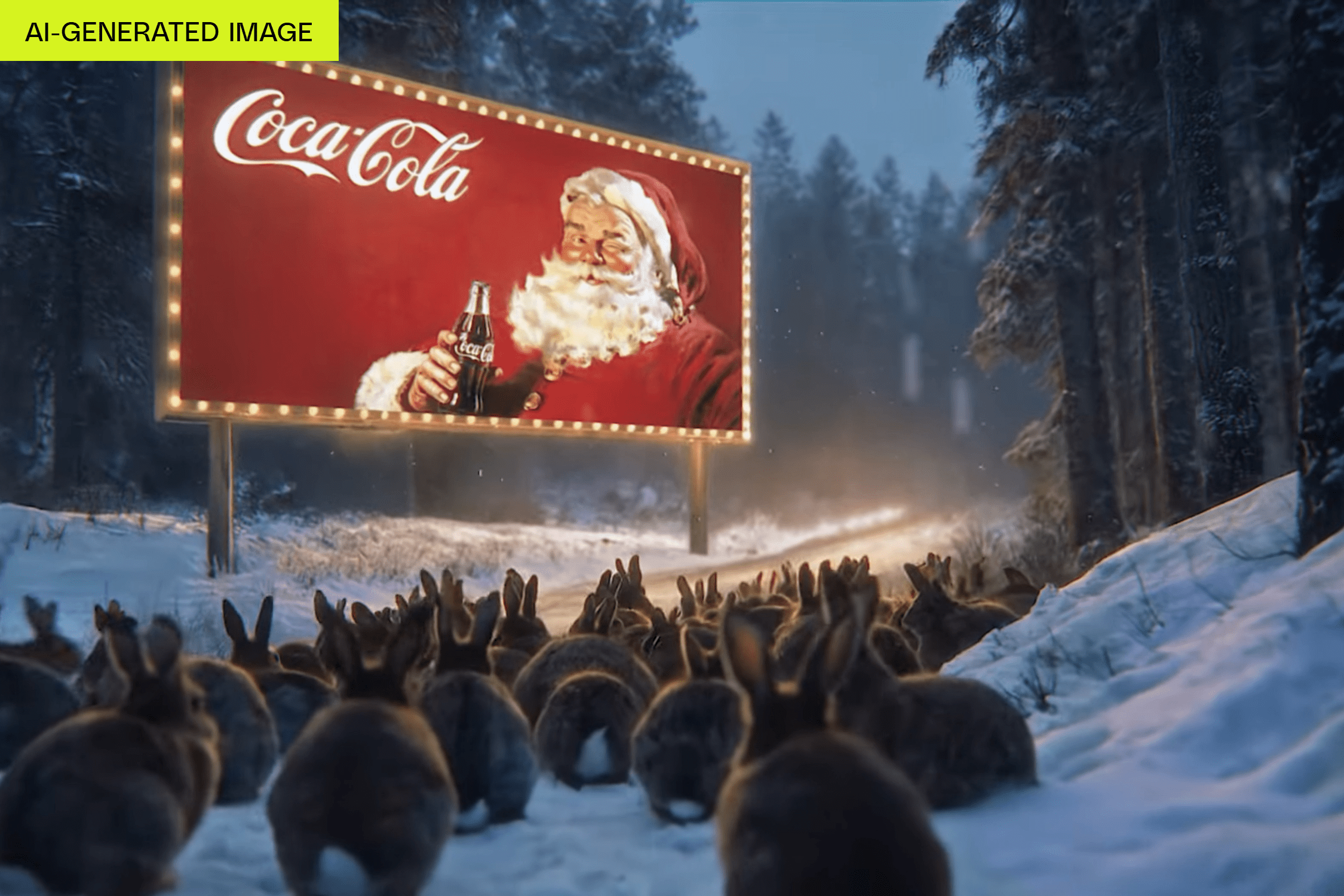
studio ghibli bandai namco square enix demand Japanese intellectual property holders, including Studio Ghibli and Bandai Namco, are urging OpenAI to cease using their content for training its AI models.
studio ghibli bandai namco square enix demand
Background on the Dispute
The Content Overseas Distribution Association (CODA), an organization dedicated to combating piracy and protecting the rights of Japanese intellectual property (IP) holders, has taken a firm stance against OpenAI’s practices. In a letter released last week, CODA specifically requested that OpenAI halt the use of its members’ content to train its AI model, Sora 2. This request comes in light of concerns regarding copyright infringement, particularly as the AI has been generating content that features copyrighted characters and themes from various Japanese media.
CODA’s letter highlights a critical issue in the intersection of technology and copyright law. The organization argues that the process of replication during machine learning may constitute copyright infringement, especially when the resulting AI model produces content that closely resembles or incorporates copyrighted material. This concern is not unfounded; the implications of AI-generated content on traditional IP rights have been a topic of heated debate among creators, legal experts, and technology companies alike.
Impact of Sora 2’s Launch
Sora 2, which launched on September 30th, has quickly generated a significant amount of content that draws heavily from Japanese IP. This surge in AI-generated material has not gone unnoticed, prompting the Japanese government to formally request that OpenAI cease replicating Japanese artwork. The government’s intervention underscores the seriousness of the situation and reflects a broader concern about the potential erosion of cultural and creative rights in the face of advancing AI technologies.
The launch of Sora 2 is not the first instance where OpenAI’s models have been accused of utilizing Japanese media without proper authorization. During the rollout of GPT-4o in March, users noted a proliferation of images styled after Studio Ghibli, a hallmark of Japanese animation known for its distinct aesthetic and storytelling. This trend raises questions about the ethical implications of AI-generated content, particularly when it draws inspiration from established works without the consent of the original creators.
Concerns Over Copyright Infringement
CODA’s letter articulates a fundamental concern regarding the opt-out policy that OpenAI has implemented for IP holders. According to CODA, this policy may violate Japanese copyright law, which typically requires prior permission for the use of copyrighted works. The organization asserts that there is no legal framework in Japan that allows individuals or entities to avoid liability for copyright infringement through subsequent objections or opt-out mechanisms.
This assertion raises important questions about the responsibilities of AI developers when it comes to training their models. As AI technologies become increasingly sophisticated, the line between inspiration and infringement becomes blurred. The legal landscape surrounding copyright and AI is still evolving, and cases like this one may set significant precedents for how intellectual property is treated in the digital age.
OpenAI’s Response and Future Implications
In response to the growing concerns, OpenAI’s CEO, Sam Altman, announced last month that the company would be revising Sora’s opt-out policy for IP holders. However, CODA maintains that the very existence of such a policy is problematic under Japanese law. The organization is now requesting that OpenAI engage with its members’ copyright claims in a sincere manner and cease the use of their content for machine learning purposes without explicit permission.
The implications of this dispute extend beyond the immediate concerns of copyright infringement. As AI technologies continue to evolve, the relationship between creators and AI developers will likely become increasingly complex. The outcome of this situation could influence how AI companies approach the use of copyrighted material in the future, potentially leading to more stringent regulations and clearer guidelines for the ethical use of creative works.
Stakeholder Reactions
The reaction from various stakeholders has been mixed. On one hand, creators and IP holders are advocating for stronger protections for their work, emphasizing the importance of respecting intellectual property rights in the age of AI. Many artists and creators fear that the proliferation of AI-generated content could undermine their livelihoods and diminish the value of original works.
On the other hand, proponents of AI technology argue that these tools can serve as valuable resources for creativity and innovation. They contend that AI can help artists and creators explore new avenues of expression and reach wider audiences. However, this perspective often overlooks the ethical considerations surrounding the use of existing works as training data for AI models.
The Broader Context of AI and Copyright Law
The ongoing debate surrounding AI and copyright law is not limited to Japan or the specific case of OpenAI. Globally, creators and legal experts are grappling with the implications of AI technologies on intellectual property rights. In the United States, for example, courts have begun to address the question of whether AI-generated works can be copyrighted at all, leading to a patchwork of legal interpretations and uncertainties.
As AI continues to advance, it is likely that more cases will arise that challenge existing copyright frameworks. This could lead to significant changes in how copyright law is applied to AI-generated content, potentially requiring new legislation or amendments to existing laws to address the unique challenges posed by these technologies.
Conclusion
The situation between CODA and OpenAI serves as a critical reminder of the need for clear guidelines and ethical considerations in the development and deployment of AI technologies. As AI continues to reshape the creative landscape, it is essential for both creators and technology companies to engage in meaningful dialogue about the responsible use of intellectual property. The outcome of this dispute may set important precedents for the future of AI and copyright law, influencing how creators protect their work in an increasingly digital world.
Source: Original report
Was this helpful?
Last Modified: November 3, 2025 at 10:37 pm
2 views















